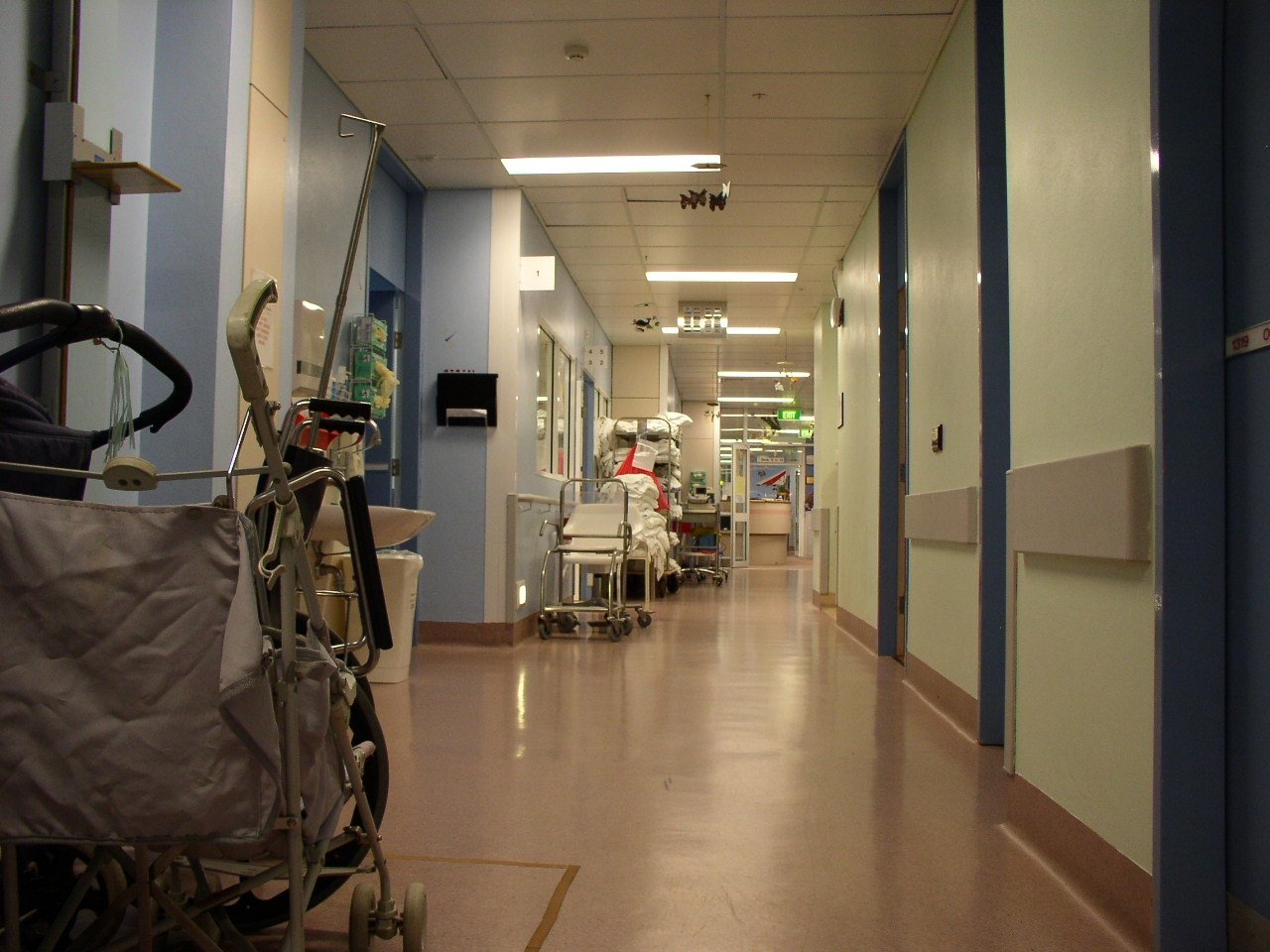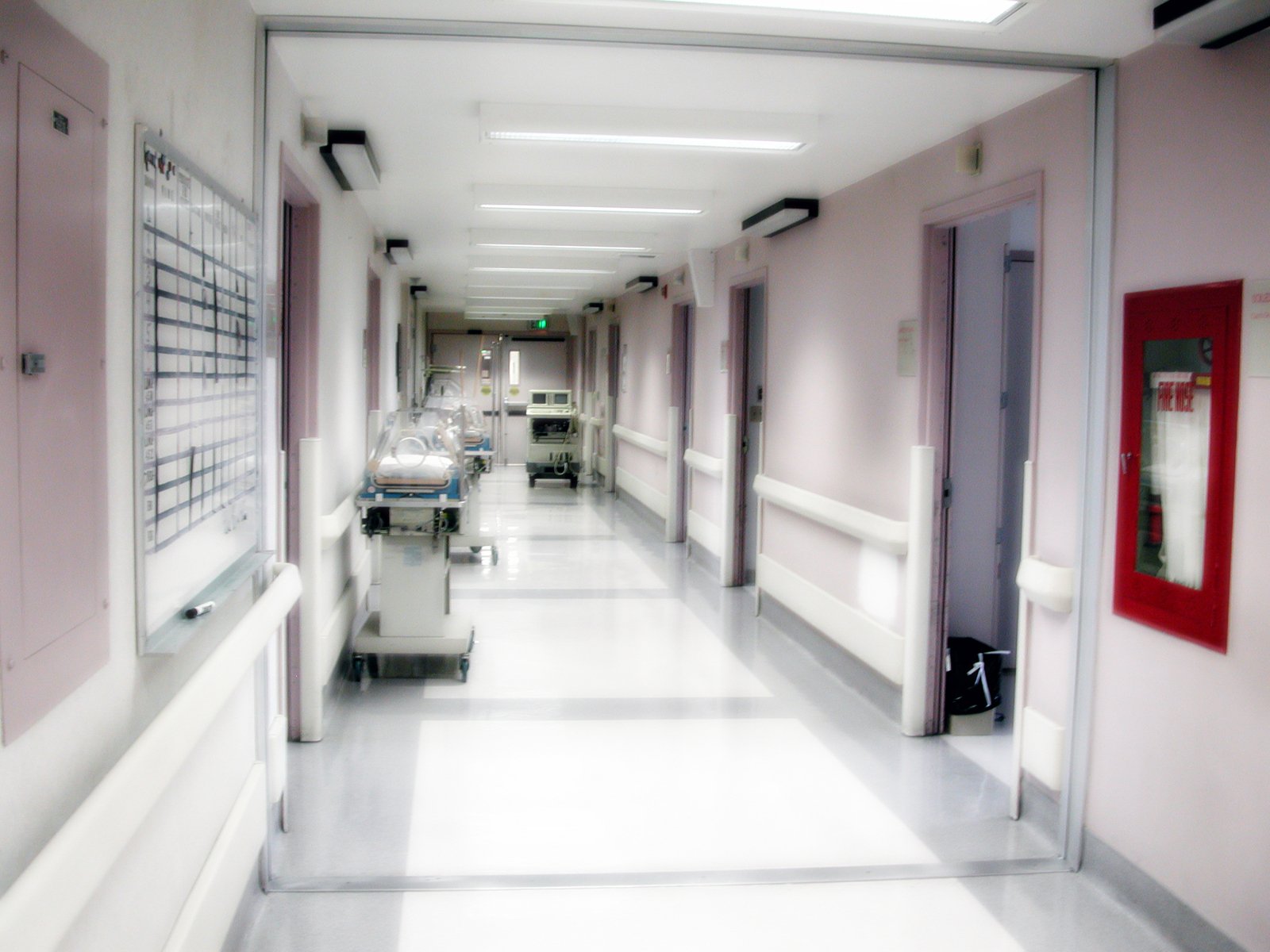
TODAY, as we continue the series about hospitals taken offline (or having their data taken away) because of Microsoft and Windows, we'll try to avoid any form of repetition. We'll give an index of all pertinent parts at the end, tying them together sensibly so as to document the nature of the problem.
 As we noted in earlier parts, media coverage is often worse than appalling. It deliberately misplaces the blame, it underplays the severity of incidents (shortening the duration of problems, pretending ransom isn't being paid, lying about backups being available and so on) and it discourages any real investigation and proper accountability. Microsoft is getting away with murder as it deliberately puts back doors in its software. And it doesn't seem to matter that this costs more lives than COVID-19, albeit over much longer periods of times (years or decades). I myself heard and saw several such stories (operations canceled, medical research undermined etc.) and there are press reports to that effect, however limited and misguided the reports tend to be. Many incidents never get reported at all. The public and even patients aren't being told what's going on; staff is being threatened not to speak about it.
As we noted in earlier parts, media coverage is often worse than appalling. It deliberately misplaces the blame, it underplays the severity of incidents (shortening the duration of problems, pretending ransom isn't being paid, lying about backups being available and so on) and it discourages any real investigation and proper accountability. Microsoft is getting away with murder as it deliberately puts back doors in its software. And it doesn't seem to matter that this costs more lives than COVID-19, albeit over much longer periods of times (years or decades). I myself heard and saw several such stories (operations canceled, medical research undermined etc.) and there are press reports to that effect, however limited and misguided the reports tend to be. Many incidents never get reported at all. The public and even patients aren't being told what's going on; staff is being threatened not to speak about it.
"Windows does not belong in hospitals; heck, it barely belongs anywhere but 'childplay' and even children would be better off with some UNIX/BSD or GNU/Linux. Those systems are far more robust and universal. Windows is on its way out.""I also want to avoid fowling my own nest," a source once told us while sharing some details. We've been gathering actual evidence. I myself have some evidence of my own (personal experiences), but it's mostly verbal rather than visual. Sometimes the communications themselves can shed light; months ago I saw several weeks' worth of work coming to an end when a Windows machine decided to shut itself down for licensing reasons. That's just one recent example. All the machines run GNU/Linux except that one. And guess which machine terminated the work, which could not be resumed...
Windows does not belong in hospitals; heck, it barely belongs anywhere but 'childplay' and even children would be better off with some UNIX/BSD or GNU/Linux. Those systems are far more robust and universal. Windows is on its way out. Its choice in hospitals is largely political (people associated with Microsoft in positions of power, sometimes with kickbacks/bribes).
"If details leak and the hospital can be identified," a source explained to us, "Microsoft and pals will work overtime to discredit the hospital as exceptionally bad, at fault, etc. They are going to do that anyway, but I'd hate to be special. I don't even think it would be smart to name the malware, if I even hear what it is, because the spooks will probably make it up and use it as a watermark to identify leakers."
 Maybe in future parts we'll be able to share "few general details about how the actual attacks are worse than generally reported," the source explained, "but any particular details can identify me and the hospital and be waved in front of hospital management."
Maybe in future parts we'll be able to share "few general details about how the actual attacks are worse than generally reported," the source explained, "but any particular details can identify me and the hospital and be waved in front of hospital management."
This is basically a familiar theme. Microsoft always retaliates against anyone or anything that makes Microsoft look bad; this in its own right discourages leaks and prevents whistleblowers from refuting what local media tells (belittling attacks and misplacing blame).
Shall any more readers be able and willing to share "Windows in hospitals" stories with us -- either as staff or patients (all staff are sometimes patients, too) -- please get in touch with us. we still have a perfect source protection record.
This may become a very long series and prudence notwithstanding we might be able to share some evidence in redacted form. ⬆